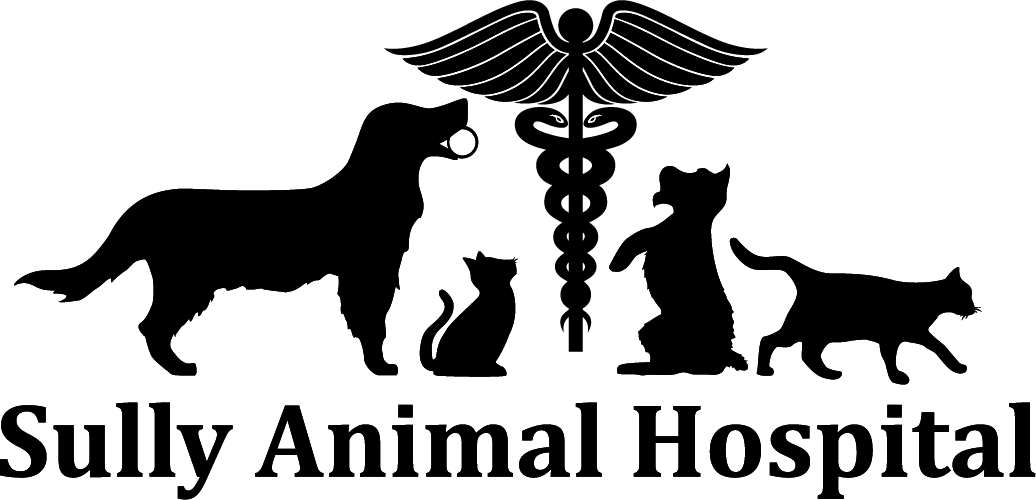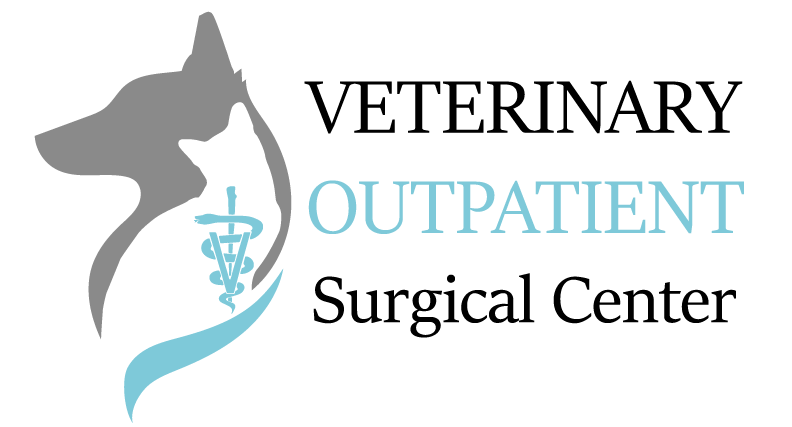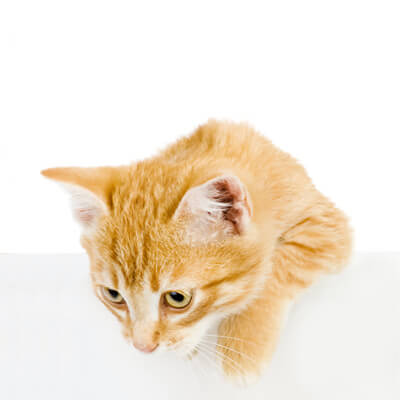|
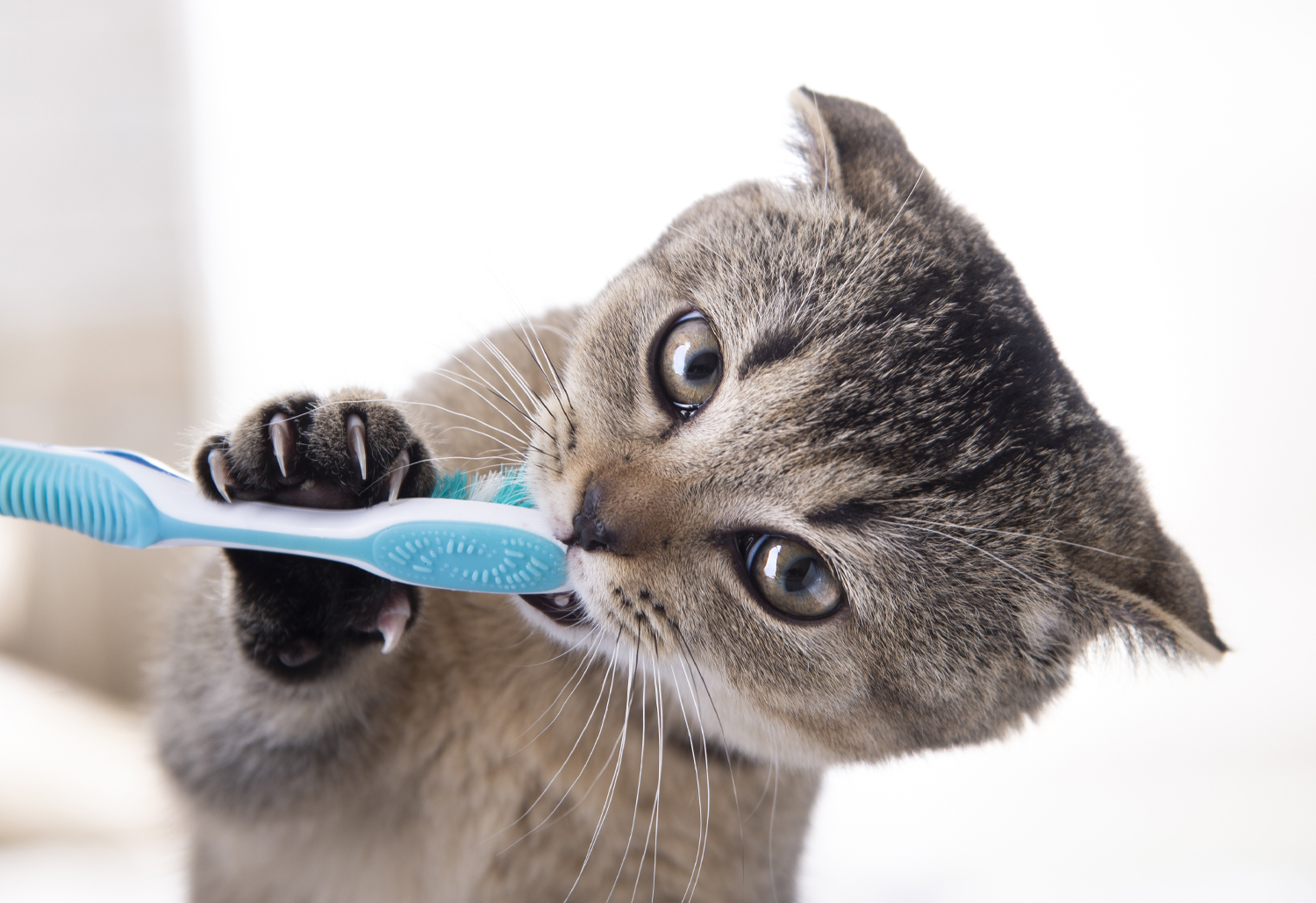
Do I Really Need A Dental Cleaning for My Pet?
One of the most common questions we get about dental cleanings is, does my pet really need one? The short answer is yes; the long answer is still yes but with heaps more information as to why!
Why does my pet need dental cleaning?
Getting your pet's teeth cleaned is about much more than fixing some smelly breath or seeing pearly whites. As plaque hardens and mineralizes it turns into tartar, which causes periodontal disease in both cats and dogs. Periodontal disease can cause serious harm to your pet’s body in ways like tooth abscesses, pain, or even infections in the blood that can spread to your pets heart or liver. Unfortunately, plaque builds up on your pet’s teeth every 24 hours, making dental cleanings a hard thing to elude for long. It may be possible to prolong the time between cleanings by trying to brush their teeth, but you would have to make sure to brush your pet’s teeth at least twice daily just to keep plaque away, which can be a big task. It is for this reason we recommend annual cleanings for your pets starting at age 2 or 3. Some dogs and cats may require them sooner or later, and that is perfectly normal!
We understand that dental cleanings can have a hefty price tag, but annual cleanings help with this too! Periodontal disease is categorized in 4 stages, depending on the severity. As the stages go up in number, the condition of the teeth gets poorer, meaning more extensive cleaning and likely tooth extractions. Extractions are not part of a routine dental cleaning, and usually add cost to the cleaning total. Now, if your pet’s oral health was maintained annually, the likelihood of an extensive cleaning or extractions is lower; which means a lower overall cleaning bill and less stress on your pet!
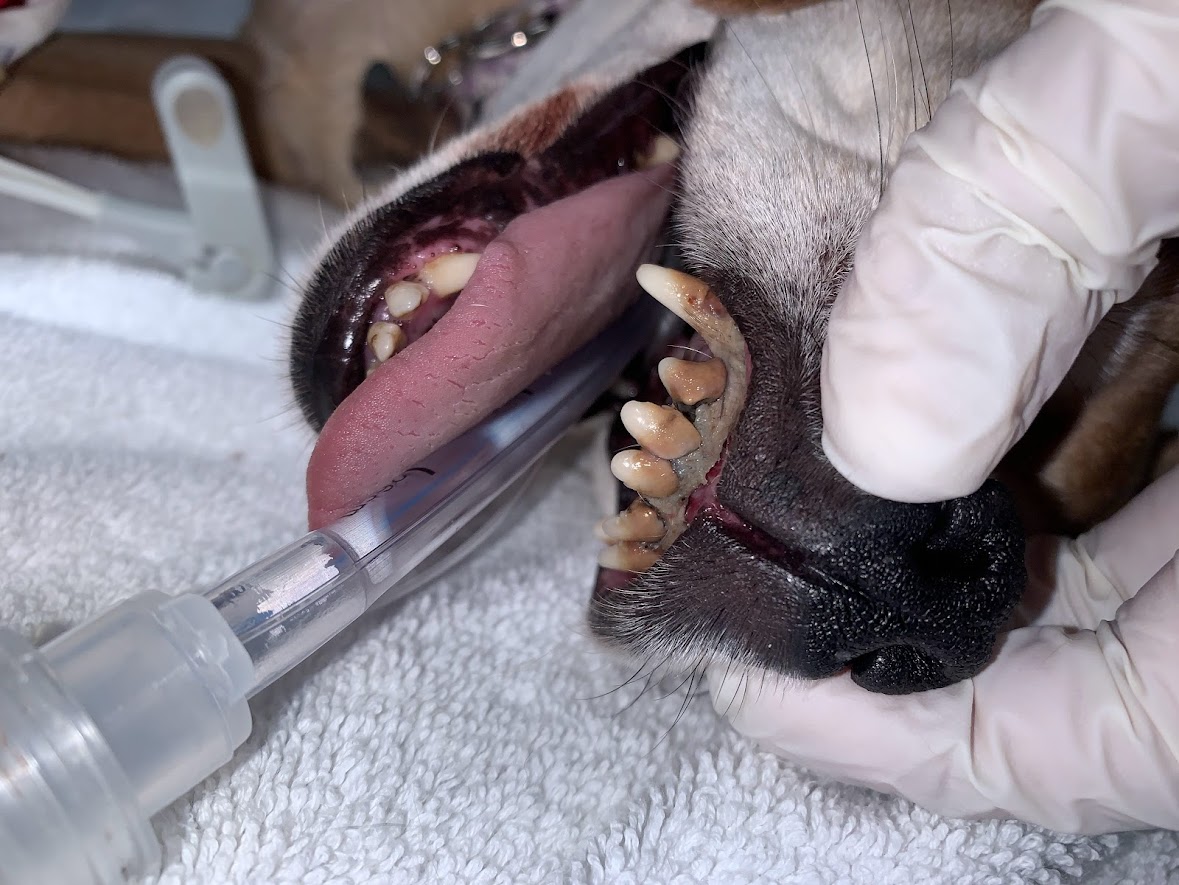 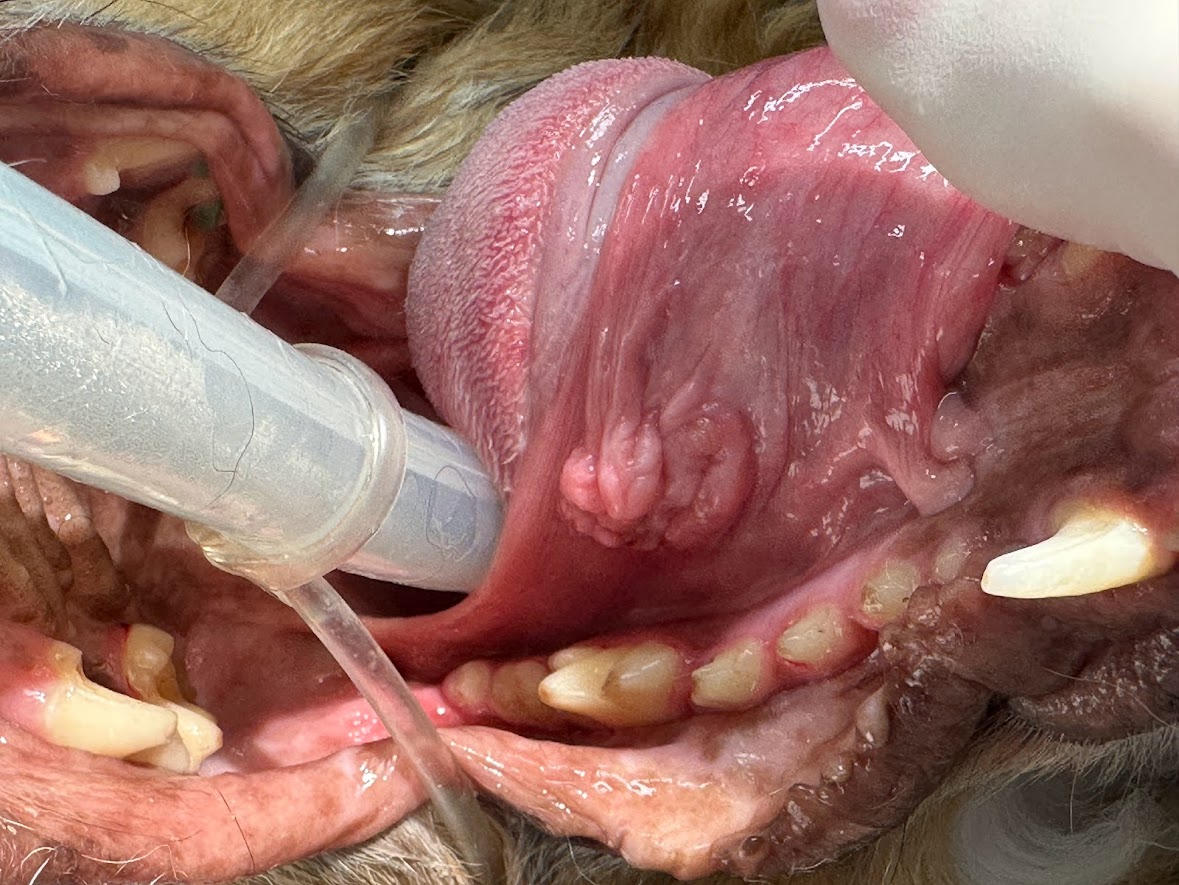
What does dental cleaning entail for my pet?
All pets are different and not all dental cleanings will be the same, however, all will follow a similar blueprint; anesthesia, examination, anti-nausea medication, oral radiographs, scaling, polishing, and extractions, if needed.
Dentals require inducing sleep with anesthesia in order for us to really get around your pets mouth without them moving around and potentially hurting themselves or others. Once fully anesthetized, our doctors perform a thorough exam of the mouth to look for any lumps or masses or any broken/missing teeth that would require removal, or any signs of gum disease or abscess.
Following the exam, an anti-nausea medication called Cerenia is administered via injection. We know this sounds strange, but this injection is essential for your pet having a smooth recovery from anesthesia. Anesthesia can make some pets considerably nauseous as they awaken, which may also make them less likely to eat and more likely to vomit while recovering. We prefer to do a prophylactic dose of Cerenia during the beginning of surgery to help curb the nausea and vomiting, keep your pet eating post-operatively, and immensely improve the quality of recovery from surgery.
Next, dental radiographs are taken to allow us to see the condition of the roots to ensure no teeth are decaying or broken and hidden under the gum line. These radiographs can also show any fractures of the upper and lower jaws, the maxilla and mandible, ensuring they are healthy enough to undergo maneuvering during cleaning with an ultrasonic scaler. Ultrasonic scaling uses vibration and water with a small instrument inserted below and around the gum lines to help remove tartar and plaque. The last step is polishing with a fine grit toothpaste to make sure the surface of the teeth are free from all tartar and plaque. After a little rinse, if no extractions are needed, your pet is ready to start waking up!

Once your pet is awake and coherent, we like to give pet owners a call to let them know the procedure is over and their pet is awake! We prefer to keep patients under monitoring after their procedures to ensure every pet is recovering from anesthesia normally before going home.
My pet needs extractions, what does that mean?
First let us put you at ease! Tooth extractions are one of the most, if not the most, common procedure most veterinarians perform. While we try to save as many teeth as we can, sometimes extractions are inevitable, especially due to breakage or disease.
Periodontal disease is the most common reason that dogs and cats need tooth extractions. Since tartar can build up under the gumline, the tissue that holds the teeth in place is compromised and weakened, and the root of the tooth can also be affected. As the bacteria buildup on the teeth worsens, infection can spread to deeper tissue causing tooth abcesses and loose teeth. Unfortunately, once teeth are loosened or diseased the only treatment is to remove the tooth completely.
Broken, chipped, or fractured teeth are the second most common reason for extraction as broken teeth usually have exposed pulp (nerve) which causes pain and can lead to infection. The pulp does not need to be exposed in order for a tooth to be broken, as teeth can be chipped or fractured under the gumline. These fractures are only visible by dental radiographs, which is why Sully Veterinary Group in Centreville, VA performs the dental radiographs prior to scaling the teeth. Another reason we do this is to be able to contact you for permission of removal prior to starting your pets cleaning. This not only saves you from having to pay for another dental procedure, but keeps your pet from being anesthetized more than needed. It is also important to note that while tooth pain is incredibly painful, your pet may have not been showing signs of pain. This is absolutely normal as pain is a hard thing to identify in some pets.
There is of course suture in the mouth at the site of the extraction, and those sutures are fully dissolvable so no need to worry! We prefer to follow up with all of our cleanings that have extractions about two weeks post-operatively, for our doctors to look at the site and make sure everything looks and healed as it should. (Note: this visit is free of charge)
What does aftercare look like post-cleaning?
If your pet did not have any extractions, aftercare is fairly simple as they’re mainly recovering from anesthesia. Our surgical team will discharge you by going over a packet of information that tells you about all things post-operative care; how much to feed your pet once they are home, what their behavior will look like (possibly sleepy or nauseous), and any things to look out for that warrant a follow up visit.
If your pet had any extractions, pain management and avoiding infection are our top priorities and we will prescribe a non-steroidal anti-inflammatory (NSAID) pain medication and antibiotic for you to administer at home. As we scale and clean the tartar off of the teeth, bacteria is dispersed around the mouth, therefore increasing the likelihood of infection of the extraction site. This is why antibiotics are essential in ensuring your pet does not get an infection from any bacteria in the mouth. Our team will go over any medications, what they do, how to administer, and possible side-effects, during discharge as well. Extractions or not, the majority of pets recover remarkably well after cleanings as they are very routine!
Why should I choose Sully Animal Hospital for my pet’s cleaning?
A great question! As many know our office is really two offices; our outpatient primary care office, or Sully Animal Hospital, and our Veterinary Outpatient Surgical Center (VOSC). Our surgical center holds some of the most talented and board certified surgeons in the DMV area, who specialize in anything from routine dentals to orthopedic surgery! If you want to ensure your veterinarian has the knowledge and expertise to ensure all concerns are addressed, give us a call! (We also accept referrals from other hospitals for any reason)
|
Make an Appointment
Call us now at:
or

|
|
|
|
|
